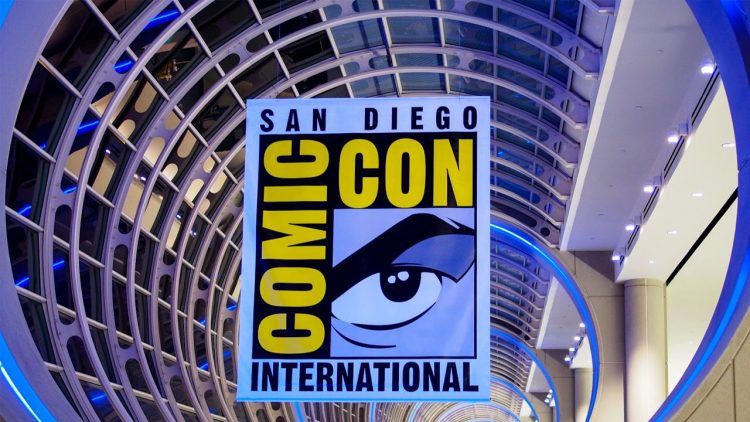A federal jury has ruled that Salt Lake Comic Con organizers violated trademark law when they “improperly” used the words “comic con.”
According to Fox-13, the verdict handed down on Friday afternoon indicated that the jury sided with San Diego Comic Con, which sued Salt Lake City Comic Con for their use of the words, “comic con.” The jury determined that SDCC’s trademark is valid and SLCC used it without permission. SDCC was seeking up to $12 million in damages but the jury awarded them only $20,000 because SLCC did not willfully infringe on the copyright.
This lawsuit is nothing new. SDCC sued SLCC in 2014 for infringing on their trademark to the words, “comic con.” SLCC defended themselves by indicating that the term “comic con” is generic and in use by over 100 conventions across the country.
SDCC said the following,
San Diego Comic Convention has used the Comic-Con trademarks in connection with our comics and popular arts conventions for almost 50 years. We have invested substantial time, talent and resources in our brand resulting in world-wide recognition of the Comic-Con convention held annually in San Diego. The jury today upheld San Diego Comic Convention’s trademarks as valid. The jury also found that Dan Farr Productions, Daniel Farr and Bryan Brandenburg each infringed San Diego Comic Convention’s marks. San Diego Comic Convention respects the decision of the jury. From the beginning all that we asked of the defendants was to stop using our Comic-Con trademarks. Today we obtained a verdict that will allow us to achieve this. For that we are grateful.
They shouldn’t celebrate yet – SLCC has stated they will continue to use the words “comic con” because there is an appeals process. At this time, SLCC is leading the charge to protect the freedom to use the phrase. They are currently undergoing proceedings with U.S trademark officials to cancel SDCC’s trademark.
SLCC has over 100,000 attendees who flock to the event every year. This ruling could potentially impact the 100s of conventions that refer to themselves as “comic con.” It’s good that the organizers of SLCC are not backing down.
The irony of this ruling is that SDCC has become less about comic books over the years and more about television and other mainstream media. Back when I attended SDCC, comic books took a back seat to video games, tv shows, and fantasy novels. Comic books were hardly found and the few booths I did encounter, stated in interviews with me, that they were not coming back. Many comic book shops told me they spent too much on their booths, only to have generic shoppers (not comic fans) browse their booths and buy nothing while wanting something for free. They said they did not foresee even breaking even at the convention – a similar sentiment that is echoed by comic book shops at New York Comic Con.
Hopefully, SLCC gets this trademark squashed, because SDCC wasn’t the first comic con and it certainly won’t be the last. How dare they try to sue other organizations for attempting to bring fans together under a “comic con” name.


